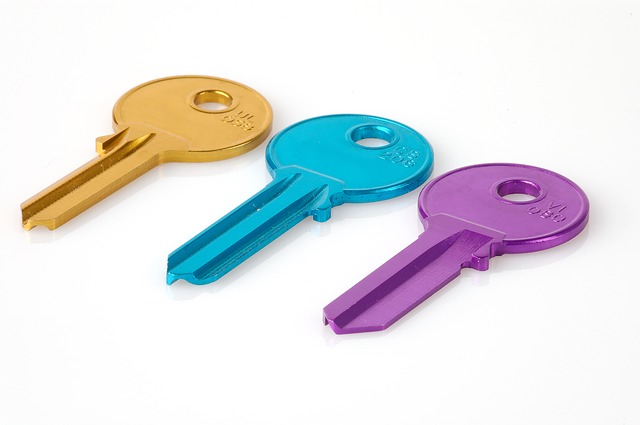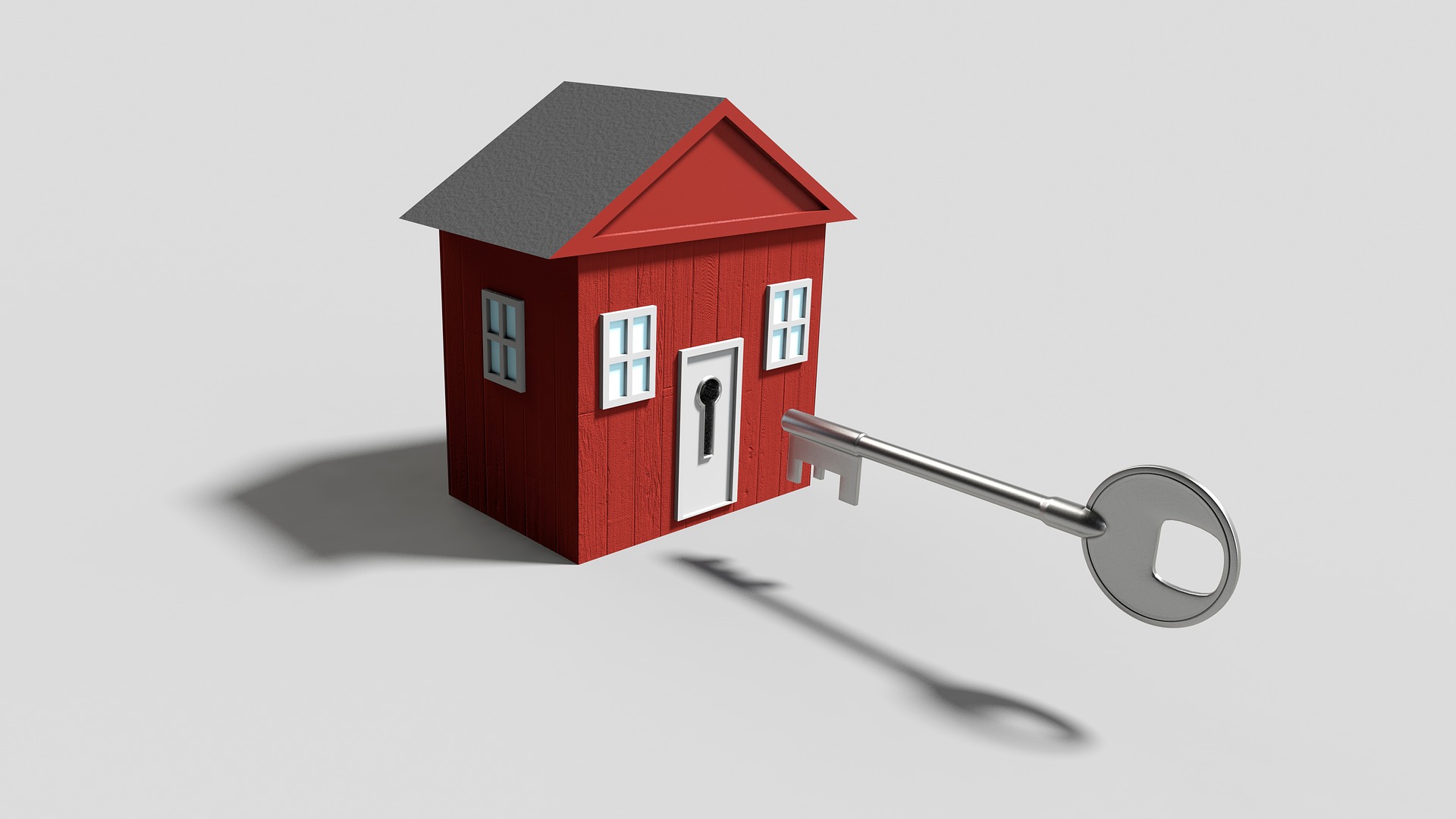1. I wonder when I should start looking for a mortgage to purchase a property?
Shop around for your mortgage prior to placing any offers on a property. Know exactly what the bank will offer to you and what deposit you should have saved/made available in respect of the balance and don’t forget your legal bill also. Check out our Conveyancing Calculator to further clarify the costs for you. Since the introduction of the new Central Bank lending criteria your power to borrow may be somewhat diluted:
The New Rules: Loan to Value (LTV) for principal dwelling houses (PDH)
There are different limits for different categories of buyers:
- PDH mortgages for non-first time buyers are subject to a limit of 80 per cent LTV. This means that you must have 20% of the purchase price as a deposit upfront.
- For first time buyers of properties valued up to €220,000, a maximum LTV of 90 per cent will apply. For first time buyers of properties over €220,000 a 90 per cent limit will apply on the first €220,000 value of a property and an 80 per cent limit will apply on any excess value over this amount. This means if you purchase a property for less than €220,000 you only need a 10% deposit up front and can borrow 90%. However if the purchase price is over €220,000 you must have 20% deposit of the balance e.g. purchase price €250,000 – you must have 10% of the first €220,000 i.e. €22,000 and 20% on the balance of €30,000 which is €6,000 which in total is a deposit of €28,000 on a property priced at €250,000
You will note that this does not take account of your legal bill in respect of the purchase which will include Professional Fee, VAT, Outlays such as stamp duty (1% of purchase price up to €1,000,000), registration fees, searches etc. You will need to have this in addition to the deposit outlined above.
Your bank/broker will be happy to assist with you with this when you approach them. There are different offers available from different banks at present e.g. 2% cash back on your mortgage amount etc. so make sure you approach as many lenders as possible and allow time to do so.
-
I wonder when I need to appoint a solicitor for the transaction and how do I know I have chosen the right person for the job?

The reason to get advice at an early stage is that you have someone who is on your side from the beginning. You will deal with auctioneers whose job is to sell the property to you. Remember they are acting for the Seller and not the Purchaser and their aim is to secure the purchase for the Vendor.
Your solicitor will have experience from other sales and purchases and can be relied on to give you independent advice. If you are a total beginner experience can count. For example, if you intend to purchase in a particular area your Solicitor may have knowledge from a previous sale or purchase in that area which may be useful.
- Are there issues about that area that you might not be aware of?
- Your Solicitor will stress to get the property surveyed.
- Your solicitor will always check the title to make sure all is in order. In particular planning issues: Were there any extensions/alterations made to the property since it was built? Was planning permission obtained to carry out the work and was it sufficiently certified by a qualified engineer at the time in line with planning permission and building regulations.
- Your lending institution will need to be notified if there are any planning issues outstanding which may dictate whether or not it is possible to purchase the property.
- In particular if you are purchasing an apartment in a block of apartments there may be issues about the transfer of the common areas to the management company. Is the management company still up and running or has it been dissolved? Is the apartment block being maintained properly and is it secure?
These are questions that may not be apparent from the outset and your Solicitor will know which questions to ask depending on the nature of the property you wish to purchase.
3. I wonder did I chose the right Solicitor for the job?
Like a lot of service providers very often word-of-mouth is the best recommendation. You need somebody who is familiar with the area you intend to purchase in.

This can be summarised in the 4C’s: Courtesy, Commitment, Confidentiality and Competence.
It can be very easy to establish this: How does our office deal with you on the phone? Do you get a courteous response when you make an initial enquiry? Does somebody phone you back when you have been promised a return call? They say that purchasing a property is one of the most stressful things you will do during your lifetime. It is important for you to have the right people on the other end of the phone if any problems arise along the way.
All solicitors are obliged to provide a detailed breakdown of the fees, VAT and outlays payable in respect of a purchase as soon as practicable. Normally this can be a fixed fee for a fixed amount of work. However, if matters arise which are not standard in a purchase there may be additional fees involved for the additional work involved. (link to blog)
4. I wonder if I really need to appoint an Engineer to survey the property before I buy it?
This is entirely a matter for you as the purchaser and, as your legal advisor, your Solicitor will highly recommend that you do appoint an engineer to check out the property for you. Would you buy a second hand car without a warranty or without having a mechanic check it out first? The amount you spend on a car is normally a lot less than a house/apartment!
You may feel that the property looks alright and that the boundaries look fine. Most of the problems which an engineer may pick up on include:
- Mapping problems – the boundaries on the ground do not correspond with those on the map and you do not own an important part of the property according to the title deeds
- Structural problems – the list may be endless, some of which may be referred to as ‘cosmetic’ e.g. paintwork, tiling, flooring, kitchen etc. whereas some may bear a huge financial burden to repair e.g. problem with chimney, insulation, heating system, plumbing, electrics, roof, windows, brickwork, blockwork etc.
- Planning issues – the lovely big shed built out in the back yard appears to have no planning permission, alterations were made to the façade of the property and a garage conversion completed which may have required planning permission, there was not enough space left between the rear of the property and the back fence when the sunroom was built at the back of the property and no planning permission was sought in respect of any of the above!
- Services – the roads and services have not been taken in charge of the local authority and there is no bond in place with them to finish the development to a standard to be taken in charge by the local authority, the builder is gone out of business and nowhere to be found and the roads are not completed leaving your driveway in a dangerous condition. The septic tank servicing the property is located outside the confines of the property. The well providing water to the house is not on the property and there is a big farm using the same water supply next door.
5. I wonder what will happen to my booking deposit if I do not proceed with the purchase of the property?
Remember the auctioneer is instructed by the seller. They will do everything to convince you that all is correct in any property you have shown an interest in. They are experienced in handling people who may not be familiar with the ins and outs of purchasing a property. When it comes to price in the property there will always be “somebody else interested” in the auctioneer’s replies. This is a technique simply to keep you motivated towards an increased price. Sometimes you have to just set a limit and move no further when deciding how much you can afford. It may surprise you when you stop increasing your offers the auctioneer may well come back to you as the final buyer.
Remember also that although the auctioneer states you have agreed to purchase a house until there is a signed contract by both parties you’re not guaranteed ownership of the house. Auctioneers will always look for a booking deposit stating that once they have that they can place a sign on the property scene that it is Sale Agreed. The reality is the payment of the deposit to the auctioneer called a Booking Deposit simply guarantees the auctioneer will get his fees. They normally deduct from this booking deposit and forward the balance to the seller’s solicitor
6. I wonder is there a lot of paperwork involved ?
Once the prices agreed the auctioneer sends a Sales Advice Notice to the parties involved. This includes the buyer solicitor seller’s solicitor. The seller’s solicitor then prepares the contract for sale and provides copies of all documents which will be handed over at the time of the sale. These will include up-to-date tax paid if relevant, position with the planning as mentioned above in relation to extensions or additions and in particular any special conditions which the house or the sale must have a real outlined in the contract. Before a buyer signs the contract the solicitor will ensure that is safe to do so and their purchasing everything which they agreed. This can include contents in certain cases it is usual that fixtures and fittings are left in the house white goods such as fridges and dishwashers may or may not be included especially if they’re built into the kitchen units. Having signed the contracts their ascent in duplicate back to the seller’s solicitor with the balance of the deposit which was not given to the auctioneer. This can sometimes be 5% given to the auctioneer and the balance 5% given to the seller’s solicitor. Unless the amount is a very large 10% of the initial deposit paid on signing. It is possible to negotiate this figure if some reason funds aren’t all available at the time of signing. The buyers solicitor will send a list of queries called Requisitions on Title to the seller’s solicitor which clearly tie in the seller in relation to particular issues concerning the property.
These would be matters relating to boundaries, property tax, planning, tax, and a number of other areas. This is a detailed document and 6 to cover all aspects of a property purchase to protect the buyer and in particular the buyers lending institution.
When the return contract is sent back to the buyers solicitor there is an obligation on the buyer to insure the property as interior becomes theirs once the contract is signed. Usually the lending institution will ensure that this insurance is in place before they will organise to draw down the funds from the central office . Life cover must also be organised to pay off the loan before the parties dies before the mortgages paid off. There is no obligation to deal with any company suggested by the lending institution and life cover is best purchase for as per cheapest price and the policy simply provided to the lending institution.
7. I wonder about the Final Procedure before I Get the Keys to the Property
Depending on how quick is the slowest member of the chain is in dealing with the transaction is, standard sale can take between 3 to 5 weeks from the time the property is Sale Agreed. Sometimes during the year such as August and around Christmas can take longer if people are absent on holidays or lending institutions don’t issue cheques over a holiday period.
When an agreement is reached between the two solicitors when the funds would be available Searches are organised by the buyers solicitor. The searches are to prove that the property is not subject to any mortgages which are not already known in the replies to the Requisitions on Title. It also proves that the person selling is not bankrupt, the property does not have any planning /Radon issues. What about location of property in relation to Floods ? Any of these could prove a major problem which was not disclosed by the vendor or to the purchaser before they handed over their funds. We still operate in Ireland on the “ Buyer Beware ” principal so the purchaser’s solicitor must be very careful that the client is getting a clear title to their property. Before the sales and close the buyers solicitor will need to have received their fees plus VAT plus registration fees plus Stamp Duty before the matter can go forward.
It is common now that the ownership documents of the property are forwarded and held ‘in trust” by the buyers solicitor pending the seller’s solicitor getting the funds in their account. What this means is the documents cannot be parted with until the seller’s solicitor confirms that there are cleared funds in his account when this is confirmed in note is sent to the auctioneer involved authorising the release of the keys to the property directly to the buyer who then gets physical possession of the property. 2 issues has arisen here about the transfer of funds using electronic funds transfer (EFT) . Firstly it Can Take 3 to 4 Days for It Transfer to Go between One Bank and Another. Secondly There Have Been Cases Where Somebody Intercepts Emails from Seller to Their Solicitor. What Happens Is a False Email Is Sent by Third-Party Authorising the Transfer of Funds to a Different Account Than the Solicitor Originally Was Given. If This Is Not Checked out directly with the Seller Funds could be diverted away and may not be Recovered. It Is of Vital Importance Therefore That All Details in Relation to the Transfer of Funds Are Handled Correctly by All Parties Involved.
8. I wonder if I buy the Property with Somebody Else what’s the Story?
As Part of the Purchase Process You Should Discuss with Your Solicitor Completing a Co ownership Agreement. Where parties are not related but have set up house together they may be contributing jointly to the cost of the house and its contents. Where a married couple are covered in relation to breakup situation by legislation the position for co owners is not as straightforward. It is important that an agreement reflects what happens if the parties decide to separate and go their separate ways. The agreement will also outline a right for one party to purchase the interest of the other and a formula for doing this. These are simple documents and should be signed at the time of the joint purchase to save unnecessary stress if the relationship should break down at some future date.

As always if you need to contact us please get in touch Here



